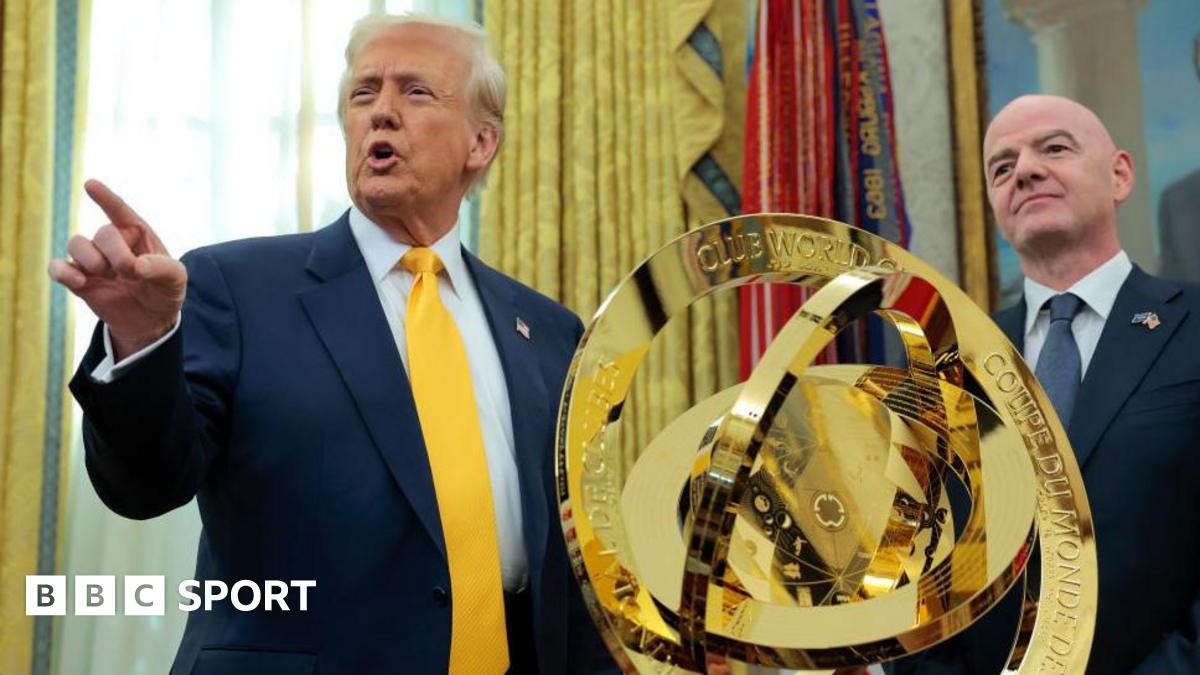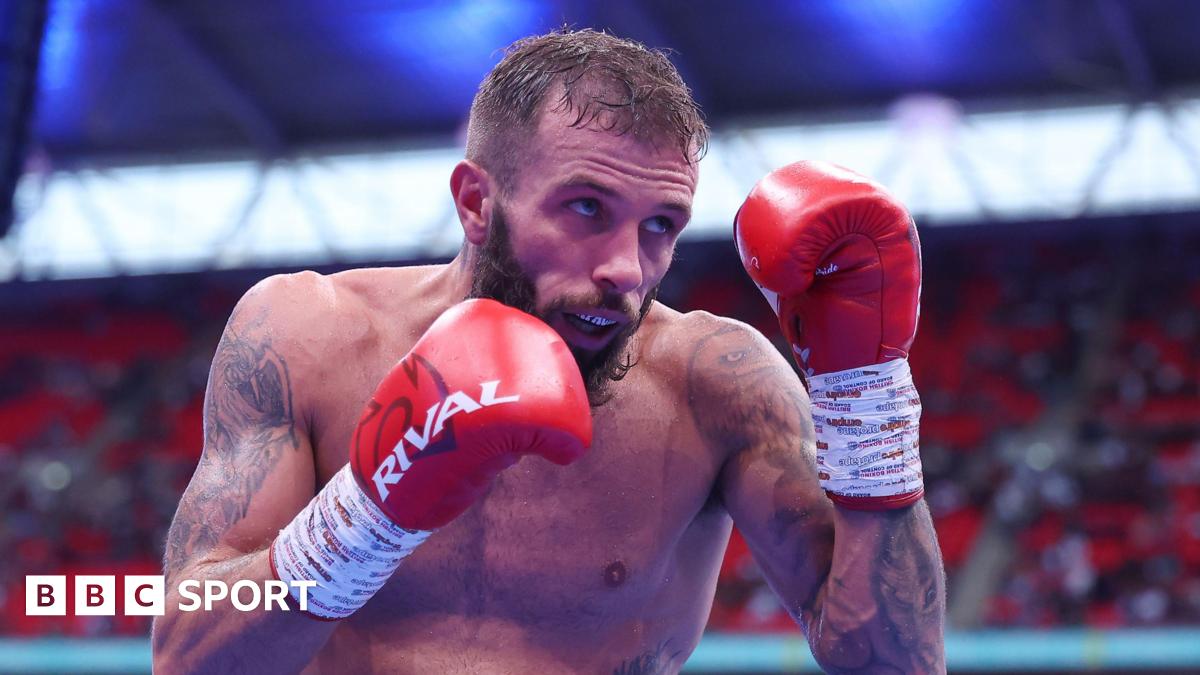Mexico’s president, Claudia Sheinbaum, has denied that the transfer of 26 alleged cartel members to the United States was part of any kind of deal with Washington and was instead about her country’s own security priorities.
This week’s expulsion marked the second time Mexico had sent top criminals to the US this year: in February, Mexican authorities handed over 29 cartel members, including druglord Rafael Caro Quintero, who was responsible for the murder of a DEA agent in 1985. The latest transfers took place after US authorities vowed that prosecutors would not seek the death penalty in any of the cases.
But despite the claims from Sheinbaum and others in her government, analysts say these transfers are less about Mexico’s national security and more about appeasing Donald Trump, who has made going after drug cartels a hallmark policy of his administration – even going so far as to designate several Mexican criminal groups as foreign terrorist organizations.
“I think [Sheinbaum] believes she can depressurize by sending a bunch of narcs that are already in custody … as an offering to placate Washington’s thirst for Mexican criminals,” said Tony Payan, a Mexico expert at Rice University’s Baker Institute for Public Policy. “They’re simply being put on a plane and offered on a silver platter.”
Sheinbaum said that the expulsion of 26 criminals from organized crime groups including the Jalisco New Generation and Sinaloa cartels was unrelated to efforts to reach a new security agreement with the United States.
Among those handed over to US authorities were Abigael González Valencia, a leader of “Los Cuinis”, a criminal group closely allied with the Jalisco cartel, as well as Roberto Salazar, wanted in connection with the slaying of a Los Angeles county sheriff’s deputy in 2008.
“In all of these cases, the extradition or the transfer of these members of organized crime, the decision is for the safety of our country,” she said during a news conference on Wednesday. “Nor do they have anything to do with the security agreement; they are sovereign decisions taken for the security of our country.”
Security minister Omar García Harfuch echoed her comments, saying the move had been taken to stop convicted criminals from continuing to run their organizations from behind bars.
“This action was taken to prevent the continued ordering of kidnappings, extortion, homicides, and other crimes from prison,” he said.
Sheinbaum has taken numerous other actions to crack down on drug trafficking in an effort to appease the Trump administration, including deploying thousands of troops to the state of Sinaloa, a cartel stronghold, arresting dozens of top-level narcos and seizing large quantities of fentanyl.
But, Sheinbaum still faces increasing pressure from the Trump administration in terms of economic tariffs which would hobble the Mexican economy. Perhaps not coincidentally, the timing of tariff discussions have been closely followed by the transfer of wanted criminals from Mexico to the US.
The transfers in February came as officials in Mexico were attempting to put off the Trump administration’s imposition of tariffs on Mexican imports. This latest round of 26 criminal transfers comes just a few weeks after Trump spoke with Sheinbaum and agreed to delay the threatened 30% tariffs for another 90 days.
“At the end of the day Mexico hasn’t faced the levels of tariffs that were supposed to take effect because of fentanyl trafficking on February 1st,” said Cecilia Farfán-Méndez, a security analyst at the Global Initiative Against Transnational Organized Crime. “These types of transfers which for the Mexican government are not necessarily costly are a way of making progress in DC.”
Sheinbaum “is trying to show Washington that she’s pliable, she’s cooperative, she is responsive, and she’s willing to talk and she’s willing to concede”, Payan added.
Still, according to Ilan Katz, head of the criminal law commission at the Mexican Bar Association, the claim by security minister Harfuch that these criminals continue to present a threat in Mexico even behind bars is not without merit.
“Narcos in Mexico have had a lot of operational capacity even while in confinement,” he said. “One of the solutions is to effectively remove any drug trafficker from the country who might have communication with their criminal groups from prison.”
The two mass transfers are also significant in that they are not technically extraditions, but rather the Mexican government simply acting unilaterally without the due process normally required by the justice system to complete an extradition.
“Drug traffickers in Mexico have been able to evade extraditions to the United States through a series of injunctions and suspensions,” said Katz. “It’s the lesser of two evils to send this guy right now and comply with the extradition order rather than to continue keeping him here because of those suspensions.”
But this too is problematic, says Farfán-Méndez, if Mexico is simply exporting its criminals without due process to be dealt with elsewhere.
“It creates questions about whether this represents justice in Mexico,” she said. “What does it say about our criminal justice system?”

 3 months ago
46
3 months ago
46








 English (US) ·
English (US) ·